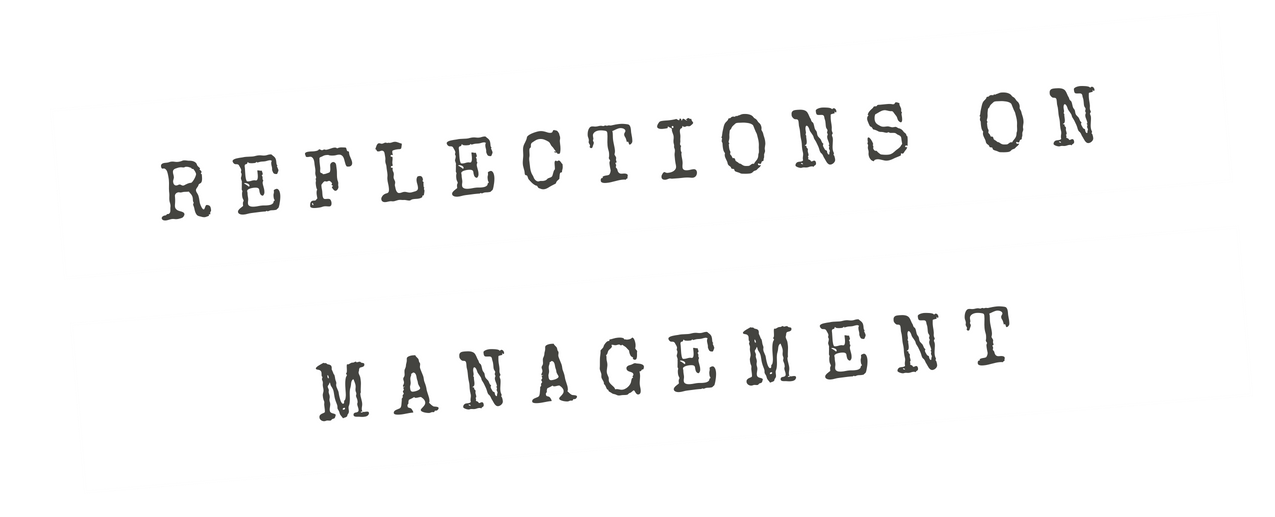When we start thinking about efficiency in technical terms, the tendency is to zero right in on very specific, measurable forms of cost
Season 2, Episode 6
In a sidecast for the main Talking About Organizations Podcast, I presented several different meanings of ‘efficiency’ and how the pursuit of each creates different behaviors in organizations – including how organizations measure their own performance, and how an organization’s preferred model of efficiency may lead to inefficient behaviors of a different form. But this theoretical argument probably didn’t scratch everyone’s itch — it is one thing to complain about ideas of efficiency, what does one do about it? How can one pursue efficiency of organizational performance into practice?
In this episode, I concentrate on a specific conundrum facing public sector organizations — in which decisions made to achieve efficiencies in operations often pursue improvements in technical efficiency (the government equivalent of productive efficiency based on per-transaction costs of delivering government services) when the real efficiencies are likely found in improving allocative efficiency, despite the problems this may cause as discussed in the sidecast. What is the conundrum, and how can decision makers get beyond the easy path of measuring only what is measurable and make the hard calls on the nature and levels of service provided?
Works Referenced:
Aldridge, S., Hawkins, A., & Xuereb, C. (2016). Improving public sector efficiency to deliver a smarter state. Civil Service Quarterly @GOV.UK, January 25, 2016.
Allas, T., Dillon, R., & Gupta, V. (2018, June). A smarter approach to cost reduction in the public sector. McKinsey & Company.
From the Talking About Organizations Network:
TAOP Episode 43, “Centralization/Decentralization Debate – The Federalist Papers,” covering:
- Hamilton, A. (1787). The union as a safeguard against domestic faction and insurrection. Federalist #9. Albany, NY: The Independent Journal.
- Madison, J. (1787). The same subject continued: The union as a safeguard against domestic faction and insurrection. Federalist #10. New York: The New York Packet.
TAOP Episode 43 Sidecast, “Centralization and the inefficient quest for efficiency,” Tom Galvin.


